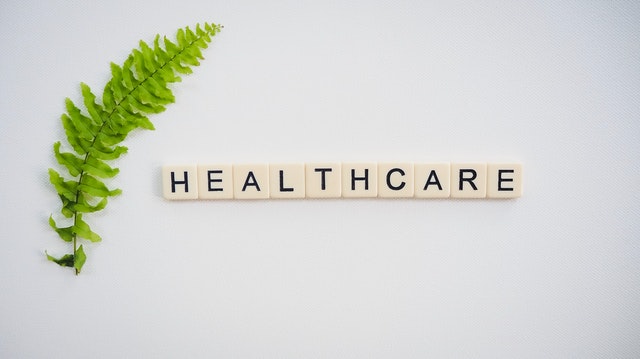Patient engagement is critical for your health. If someone from your doctor’s office reaches out to you regarding a new health program, or something similar, definitely consider signing up. I explain why at the bottom of this post, so feel free to jump ahead.
Always remember that doctors and nurses are not solely responsible for good health outcomes. People’s circumstances and behaviors play a very big part. Good healthcare is about getting patients to listen, understand and follow sound medical advice. It’s about persuading you to adopt and maintain a healthier lifestyle. This is the crux of patient engagement.
Health systems are under constant pressure to provide good healthcare. One reason is that good healthcare leads to better spots in popular healthcare rankings, like the US News and World Report. And a higher ranking is good for business. I know I’m being a bit cynical here, but this is true.
And good healthcare requires good patient engagement. Doctors are incentivized to engage their patients. As a result, they want to persuade you to: (1) keep your medical appointments, (2) take your medication regularly, and (3) adopt a healthy lifestyle. This is an uphill battle, and there aren’t many genuine success stories.
A quick primer on health systems. Before diving into patient engagement, I want to give you a crisp understanding of health systems (also called health networks). Your doctor belongs to a health system. A health system is a group of physician providers and clinical delivery sites. These include primary care physicians, specialists, hospitals, outpatient surgical centers, urgent care sites, skilled nursing facilities, home health agencies, etc. Some health systems include non-physician providers like community based organizations.
Health systems enter into contracts with payors, which include commercial insurers, Medicaid and Medicare. Sometimes these contracts are based on service volume. Payors will pay doctors and hospitals for every bit of service provided to a group of patients. Other times, these contracts are risk based – payors will pay a fixed amount per medical episode, or per patient.
Risk based contracts are becoming more common. And this puts a lot of pressure on doctors to engage patients. Again, their goal is to steer patients towards health-conscious behaviors. I give more details on risk-based contracts and health systems in this post.
A “cold” call from your doctor. Now we’re reaching the key takeaway for this post. If your doctor, or someone from your doctor’s team, contacts you (out of the blue) to enroll in a health program or schedule a wellness visit or something else – definitely consider doing that! And here’s why…
Patient engagement is becoming more sophisticated, selective and data-driven. Health systems are gaining access to large amounts of data on their patients (payor claims data, clinical data from EHRs and social risk factors). They use these data to build predictive models that identify patients who are likely to have an adverse health event in the next 6-12 months.
If you’re invited to participate in a health initiative, a predictive model may have decided that. This could mean you are “high risk”. Your doctor may be reluctant to call you “high risk” based off an undisclosed predictive model. Please don’t let that stop you from asking. Be upfront and ask your doctor why you, in particular, are invited to participate.
Think of it this way – under a risk based contract, 100 doctors can be held financially accountable for the health outcomes of 20,000 patients. Are these doctors (and their staff) having frequent contacts with ALL these patients to make sure they’re okay? Certainly not. These doctors are going to use predictive models to narrow down a pool of 500 to 1000 “high risk” patients. And these “high risk” folks become the targets for aggressive patient engagement.
If your doctor contacts you about a new health program or something similar, please take advantage. There’s no need to roll the dice on this one.
~ James





